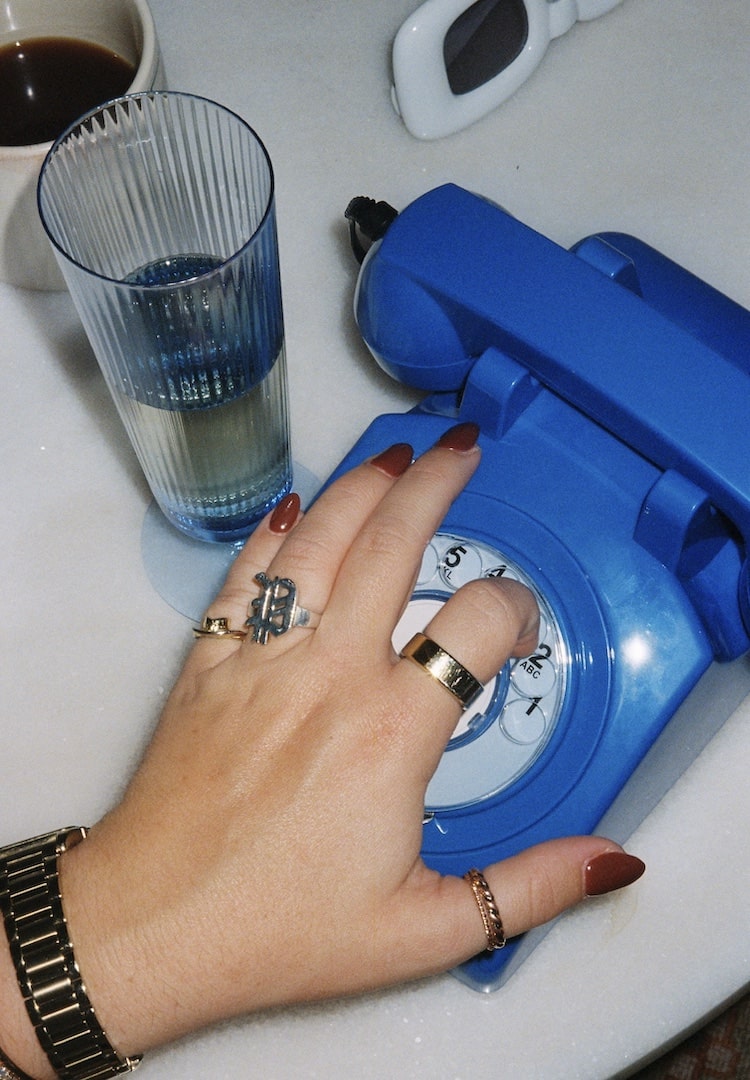Here’s how to cope when your parents start dating other people
WORDS BY ALIYAH STEVENS
“Generally speaking, witnessing a parent’s romantic interests can easily spark feelings of insecurities and uncertainty.”
It’s a very Parent Trap-esque fantasy many of us children of divorce hold on to – that regardless of time, consequence or circumstance, our parents are meant to end up together. And subsequently, any stepparent who enters the picture is often rendered in our socio-cultural scripts as either evil for standing in the way or just not right.
But in reality, people coming back together after divorce is pretty unlikely (and probably a bad idea, as people tend to divorce for good reason), and with divorce on the rise with every decade, stepparents are becoming the new norm. So, how do you cope when your parents start dating other people? I spoke to Rachel Brace, a psychologist specialising in families and children at RelationSpace, to find out more.
Interested to hear how others navigate the world? Head to our Life section.
First off, Rachel says children of all ages can experience mixed feelings about their parents dating again. “Each situation is unique, and there are a lot of variables that can influence how someone feels and reacts,” she tells me. “Generally speaking, witnessing a parent’s romantic interests can easily spark feelings of insecurity and uncertainty.
“Other people can feel a sense of happiness or relief that a… parent is no longer alone, especially if their parent has been alone for a long time. Others can experience split loyalties between a person their parent is dating and the other parent. Feelings of grief and loss associated with the earlier separation are often rekindled too.”
After my own parents’ divorce, my mum wanted me and my sister to meet her boyfriends relatively early, to make sure we all got along and didn’t feel in the dark about her new life. My dad, however, liked to introduce us to partners only when they were almost-married serious, to avoid exposing us to people who might not stick around. I’ve often wondered which of my parents did it ‘right’ – if there is such a thing.
“A child should not be the last person to find out about a parent being in a significant relationship or even worse, find out when the removal truck is turning up at their home!” Rachel says. “Equally, they don’t need to be introduced to every person their parents’ date or [their] casual relationships, as this can create unnecessary emotional strain.”
According to Rachel, psychological experts recommend organising a formal introduction once you know you’re committed, which could mean waiting at least six to twelve months. “Although, this will depend on the circumstances surrounding the separation, how settled things are within the family or whether issues around the divorce are still up in the air due to hostile legal proceedings or unresolved feelings of grief and loss,” she notes.
But Rachel clarifies that taking things slow and delaying an official introduction doesn’t mean a parent shouldn’t have conversations with their child about dating. “In my experience, children of divorce don’t want to feel out of the loop or blindsided,” she says. “… Prior to any relationship becoming serious enough to consider an introduction, it’s important for parents to send some key messages in general conversations with their children.” This could include assuring them they’ll be the first to know when things are serious, and that they’re committed to their role as a parent first and foremost throughout their dating experience.
So, given that, how involved should a child be in their parent’s love life? “It’s critical that your parents remain in… [that] role,” Rachel notes, pinpointing the importance of maintaining healthy child-parent boundaries. “… If you know your parent is dating or has been out on a date, you may want to hear some simple things about how the date went, and it’s okay for you to ask and for your parent to share some (but not all) information with you.”
One of the most obvious and difficult elements of your parent’s new dating life is navigating the new partner. I’m personally super lucky to have a stepfather who’s been like a second dad to me for most of my life, but I’d be lying if I said there wasn’t some traditional angst-fuelled resistance when I first met him at the sensitive age of 12. In this situation, according to Rachel, you might need to strike a balance between being honest about your feelings without being unnecessarily rude.
“As adults, we don’t like everyone we meet, so parents shouldn’t assume their children will like someone just because they like them,” Rachel says. “Whilst it might make things a little harder, it’s totally okay for someone to not like or immediately fall in love with a parent’s new partner. In such a situation, it is best for the adults involved to ease off any pressure.”
To help maintain healthy boundaries, it’s important for the new partner not to try and assume a parental role too quickly. “You might try and find some low-key activities for the child and the new partner to do together to get to know one another. A new partner should also make room for the parent and child to continue to spend some time alone together,” Rachel notes. “This remains important whatever the age of the child, even adult children.”
If you’ve never entered this territory before, it can feel daunting trying to broach a conversation with your parents about their new dating lives. “If you are feeling confused, unhappy or neglected, it’s appropriate to let your parents know – without blame or finger-pointing,” Rachel says. “Whilst it may be a challenge, being direct about your feelings can go a long way. If you tiptoe or allude to how you are feeling, you aren’t helping anyone. Doing your best to communicate with your parents also gives them the opportunity to support and reassure you.”
At the end of the day, Rachel wants children of divorce to know it’s okay to struggle with how your parents choose to move on with their love lives. “Notice your feelings and think about what they are trying to tell you,” she concludes. “And give yourself permission to feel them, whatever they may be.”
For more on dating after divorce, head here.










